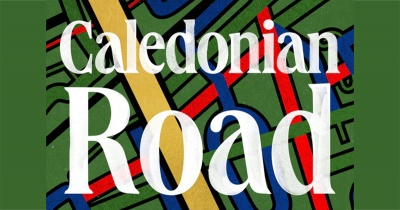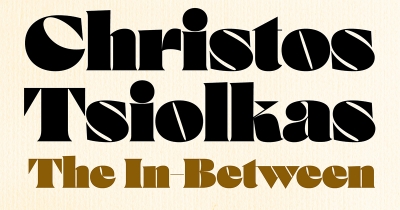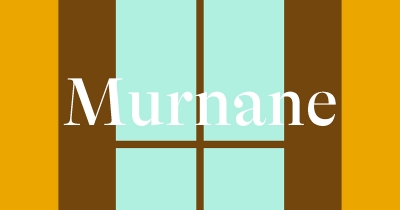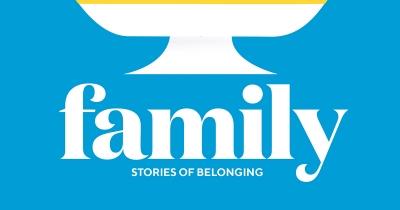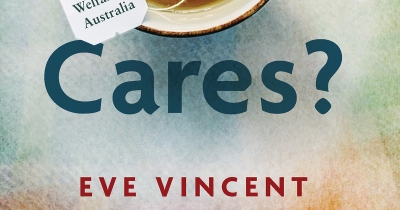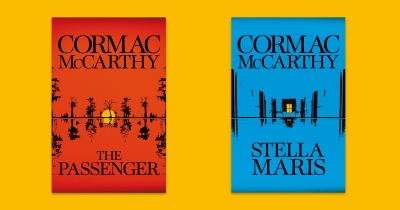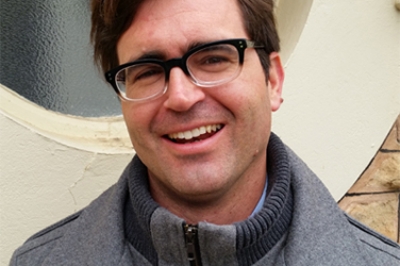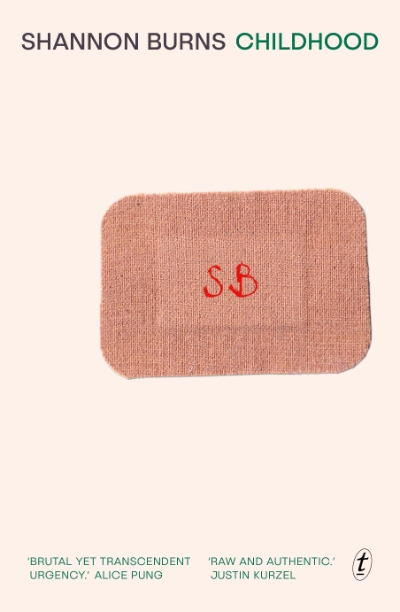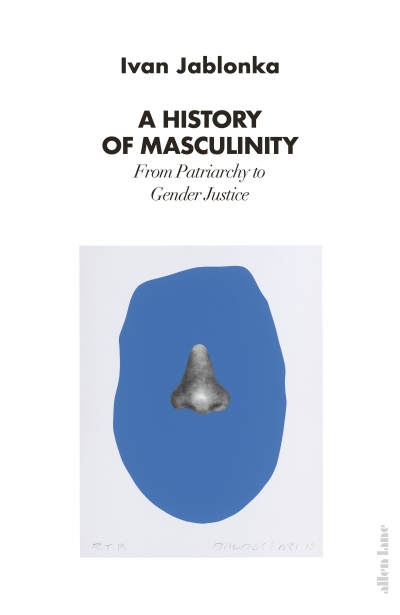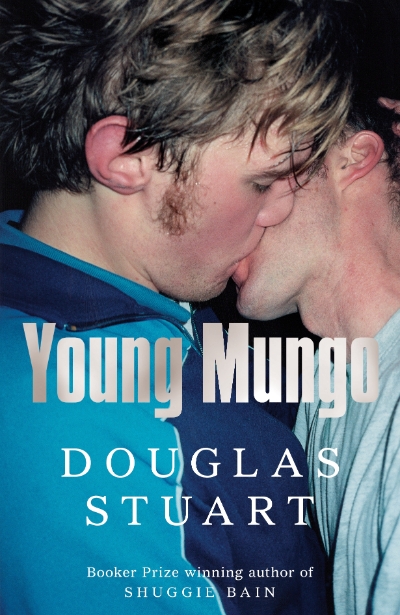Shannon Burns
Family: Stories of belonging edited by Alaina Gougoulis and Ian See
by Michael Winkler •
The Passenger by Cormac McCarthy & Stella Maris by Cormac McCarthy
by Shannon Burns •
Hell is predictable. Nothing changes. You are always the same, and the people around you are always the same. They say the same things, have the same thoughts, repeat the same gestures, stage the same hostilities or enthusiasms, over and over without end.
... (read more)A History of Masculinity: From patriarchy to gender justice by Ivan Jablonka, translated by Nathan Bracher
by Shannon Burns •

